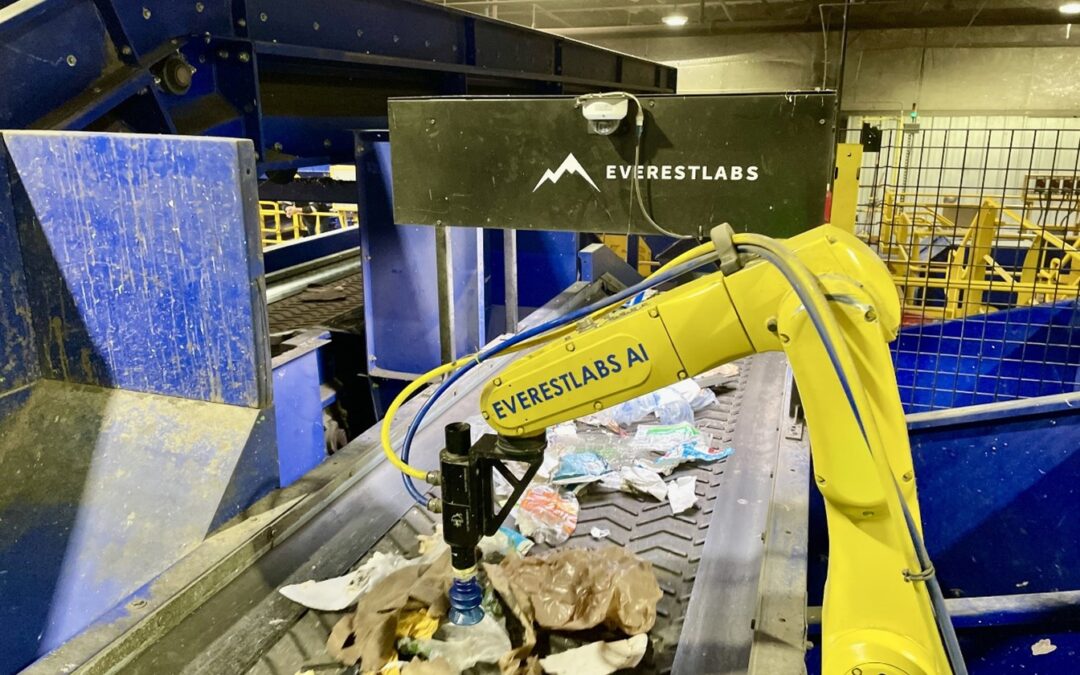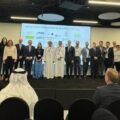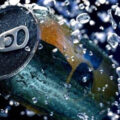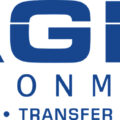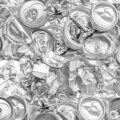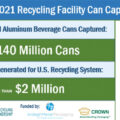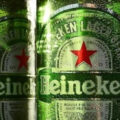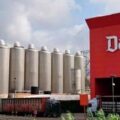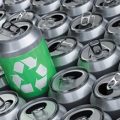EverestLabs unveiled its partnership with LRS, one of the leading waste recycling and detour companies in the United States. Thanks to the financial support of the Can Manufacturers Institute, LRS was able to install the RecycleOS operating system at its recovery center The Exchange, with the objective of increasing revenues and ensuring an efficient process in the recovery and recycling of aluminum beverage cans.
The sorting robot developed by EverestLabs allows LRS to maintain quality control for more than 350,000 pounds of recycled aluminum each month.
The Can Manufacturers Institute (CMI) has implemented a leasing program with the objective of generating more revenue for the recycling system by capturing mis-sorted cans and promoting the installation of capture equipment at MRFs (waste that is not easily sorted). This initiative follows a successful collaboration between CMI, EverestLabs and Caglia Environmental, which has captured more than 1,500 additional cans per day at a MRF operated by Caglia.
According to Scott Breen, senior vice president of sustainability at CMI, with the two robot lease agreements that include revenue sharing, the company can take advantage of the fact that cans are one of the most valuable recyclable products in used beverage cans (UBC). Basically, CMI gets a portion of the revenue generated from the cans collected by the robots and uses those funds to purchase more equipment to capture cans at MRF.
One way to increase the recycling rate of aluminum beverage cans in the United States is by capturing mis-sorted cans at Materials Recycling Facilities (MRFs). According to a CMI study published in 2020, up to 25% of cans entering MRFs may be lost due to incorrect sorting. Considering that less than half of beverage cans are recycled by U.S. consumers, it is clear that improvements in the aluminum recycling system are needed. For this reason, WCC considers proper sorting at recycling centers as one of its main objectives to achieve higher rates and meet its beverage can recycling goals in the United States.
JD Ambati, the founder and CEO of EverestLabs, mentioned that his company is collaborating for the second time with the CMI at the Chicago Exchange. The main objective is to support WCC’s mission to significantly increase the amount of used beverage containers (UBCs) recycled. Advanced vision technology and highly accurate, easy-to-implement robots developed by EverestLabs allow for the modernization of existing MRF sorting lines and provide future opportunities for cost-effective aluminum packaging companies.
In August 2023, LRS announced the opening of The Exchange, an innovative recycling and management center using state-of-the-art technology. Later that year, they also installed a RecycleOS robotics cell from EverestLabs to enhance their materials recovery efforts. Thanks to these measures, it is estimated that 224 million pounds of recyclable materials can be diverted annually and thousands of tons of CO2 emissions can be avoided in the Chicago metropolitan area. The presentation and environmental objective behind The Exchange has created opportunities to change the conversation about waste management and educate businesses and organizations about responsible practices in production, consumption and recycling. LRS is committed to reducing its environmental footprint, making tactical changes to its infrastructure and seeking partnerships with companies such as EverestLabs to improve efficiency at its existing facilities.
LRS area vice president John Sliwicki said his company is constantly looking for new ways to innovate in the recycling field. So they decided to partner with EverestLabs to install RecycleOS robot technology, demonstrating their commitment to sustainable recycling solutions. Through this integration at its materials recovery facility in Chicago, it has significantly improved its ability to salvage recyclable materials and prevent them from ending up in landfills, thus fulfilling its mission to invest in infrastructure that reduces its environmental impact.
The Exchange has the capacity to accept up to 1,200 tons per day of municipal solid waste (MSW), and can currently process 25 tons per hour of recyclable materials. It has a transfer station and a sorting line that can be expanded in the future, and accepts a variety of recyclable materials, including non-hazardous and non-special MSW.

